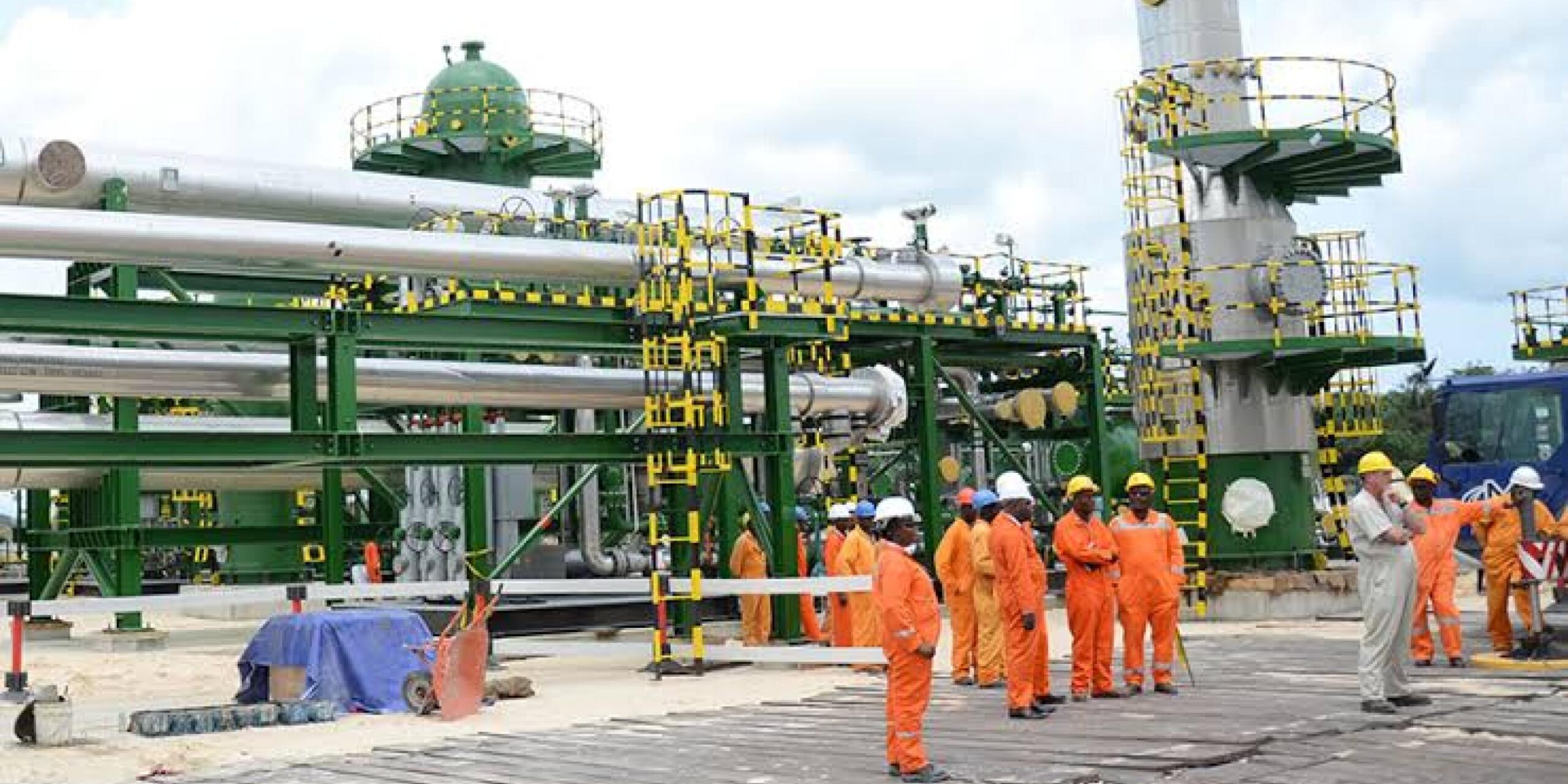Despite initial claims by the Nigerian National Petroleum Company Limited (NNPC) that operations would resume after 30 days of routine maintenance, the Port Harcourt Refinery has remained shut for two consecutive months.
The NNPC had announced on May 24 that the Port Harcourt Refining Company (PHRC) would temporarily halt operations for scheduled maintenance. At the time, the company stated the exercise was aimed at ensuring optimal performance and would last one month. However, operations have yet to resume, with fuel marketers confirming ongoing repair work.
The delay comes amid an ongoing corruption investigation by the Economic and Financial Crimes Commission (EFCC) into the controversial $1.5 billion turnaround maintenance project. The probe has reportedly uncovered widespread financial irregularities involving former senior executives of the NNPC and managing directors of the Port Harcourt, Warri, and Kaduna refineries.
Sources close to the investigation revealed that over $2.9 billion allocated to refinery rehabilitation is under scrutiny, with N80 billion allegedly traced to the personal account of one of the sacked refinery heads. Former NNPC Group Chief Executive Officer Mele Kyari and 13 other top officials are reportedly implicated in the ongoing probe.
Read Also: …turning the NNPC around
The Port Harcourt refinery was declared partially operational in late 2024, running at 70% of its 60,000 barrels-per-day capacity and producing diesel, kerosene, fuel oil, and petrol. Its sudden halt has raised fresh doubts about Nigeria’s ability to reform its downstream petroleum sector, despite billions spent.



























